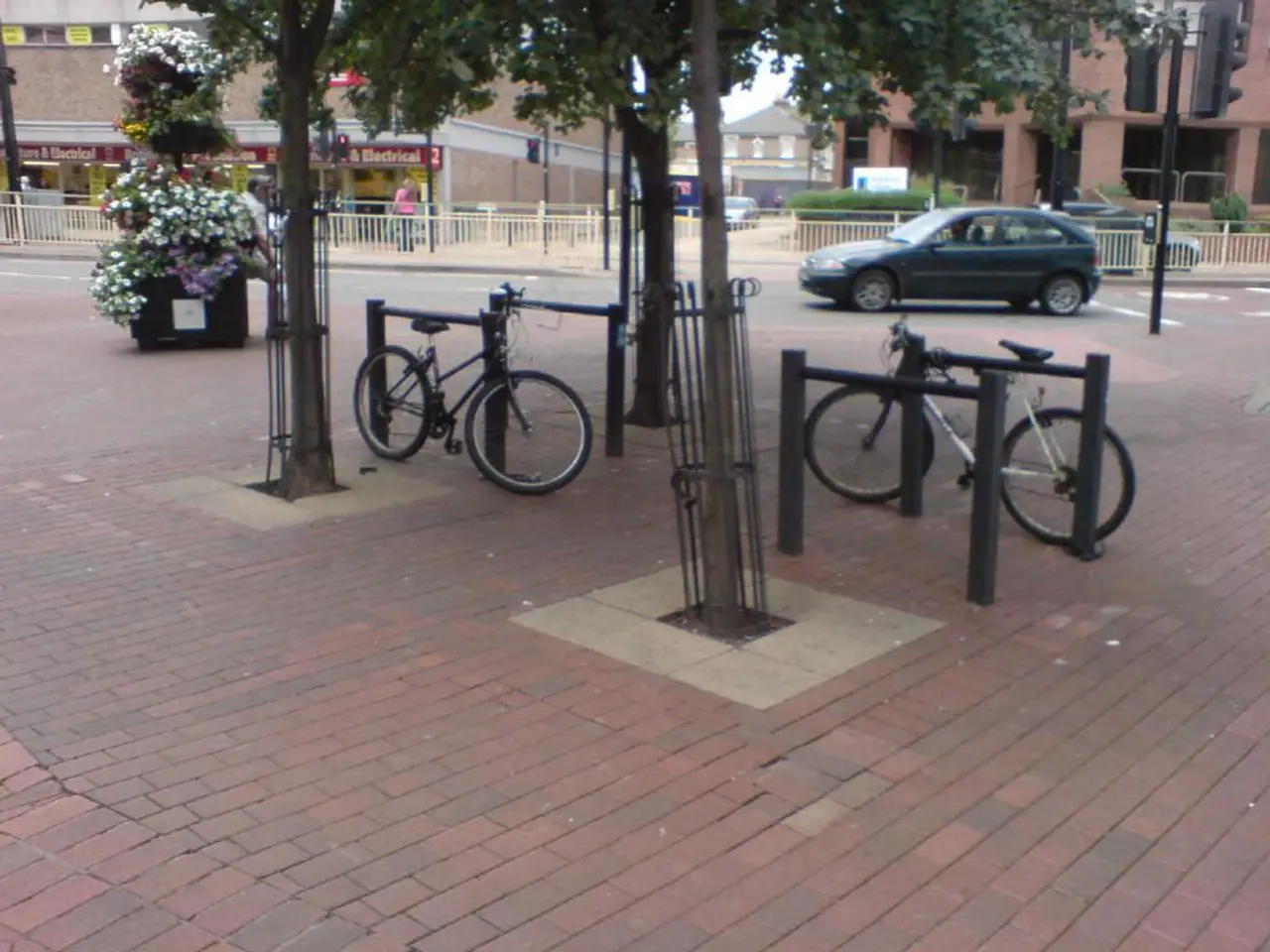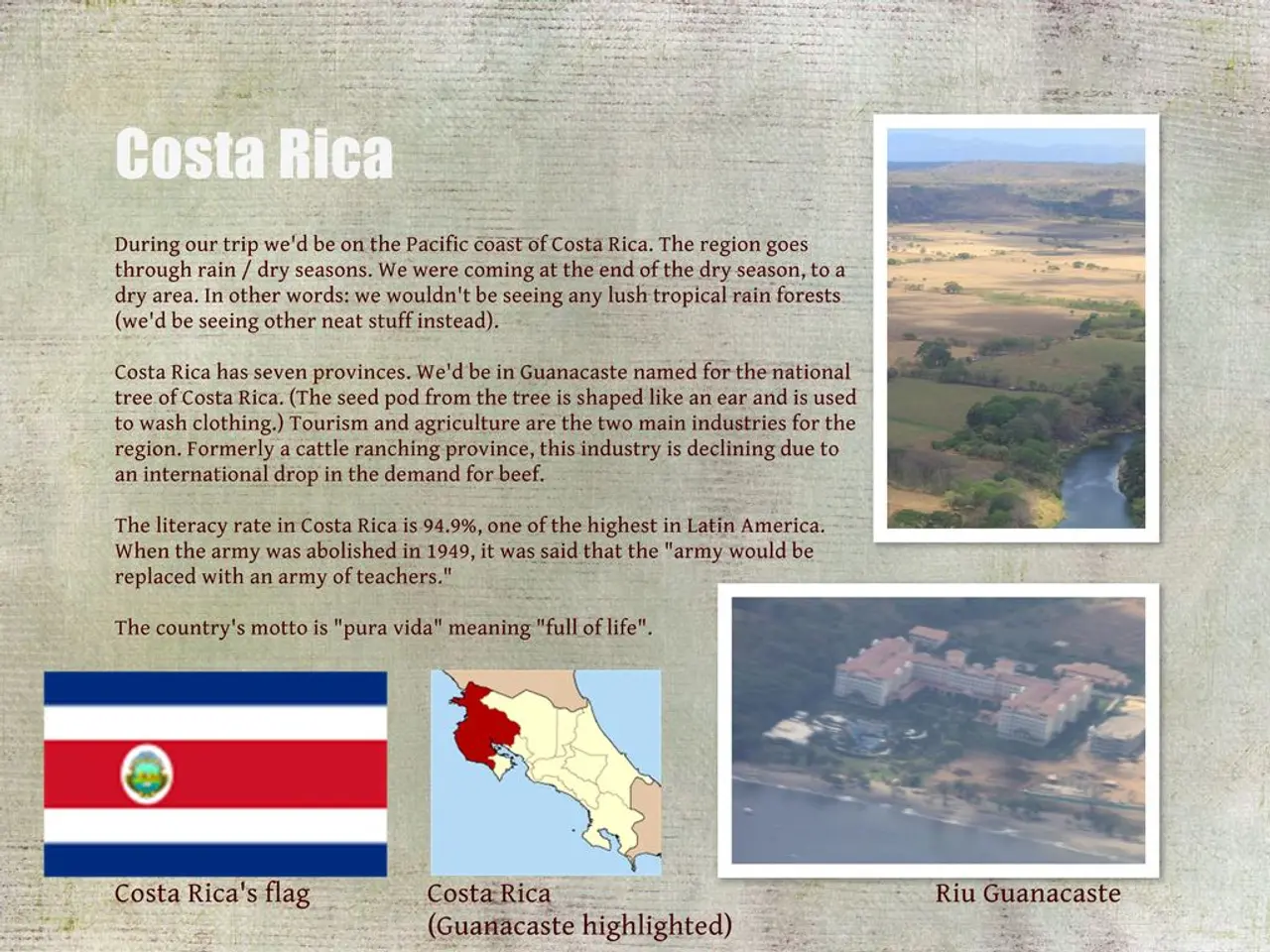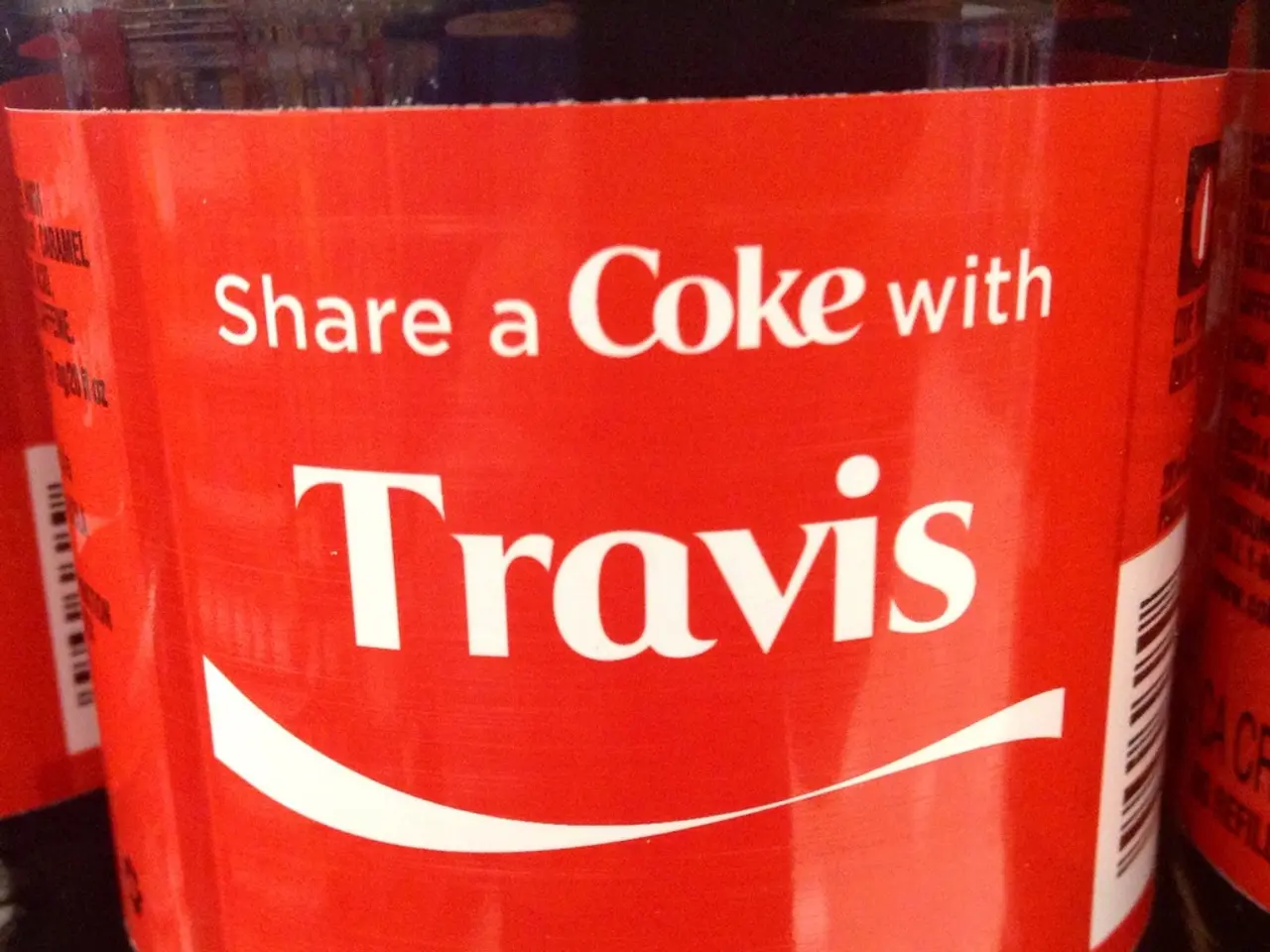Zero-risk logging version demanded by Rainer - Environmental Protection Directive Proposal Requested from Commission
The European Union's Deforestation Regulation (EUDR), which aims to combat deforestation within the EU and beyond, is set to commence its full implementation on December 30, 2025. However, a significant controversy has arisen regarding the regulation, with German Federal Minister of Agriculture, Alois Rainer, advocating for Germany to be classified as a "zero-risk option."
The EUDR, which came into force on June 29, 2023, requires that relevant products imported into the EU must be deforestation-free, comply with national laws including human rights and environmental protections, and be supported by due diligence documentation that includes geolocation of production sites. The regulation also includes a country risk classification system, which was initially proposed by the European Commission but was rejected by the European Parliament on July 9, 2025.
Rainer's proposal for Germany as a "zero-risk option" under the risk classification framework would exempt Germany from some EUDR requirements such as mandatory geolocation and minimum checks. However, this proposal faces criticism from NGOs concerned about weakening controls and increasing the risk of illegal timber trade, particularly from Russia and Belarus.
Rainer is pushing for a one-year delay in the regulation to ensure a legally sound and practical EU deforestation regulation. He emphasizes that he will strive to maintain the zero-risk strategy, but could not confirm whether the zero-risk strategy would be maintained this year. Rainer's predecessor, Cem Özdemir (Greens), had also advocated for a delay in the regulation but proposed Germany as a country with a low risk of deforestation.
The controversy surrounding the EUDR is not new. Proposals to simplify the law, including risk exemptions like Germany’s "zero-risk" proposal, have been under discussion but face criticism from NGOs concerned about weakening controls. The European Commission is expected to present further simplification proposals in late 2025, which may impact the final shape of EUDR enforcement and risk categorizations.
Companies will be required to provide a declaration of care stating that no forests were cleared or damaged for their product after December 31, 2020. Products like coffee, wood, soy, cocoa, and palm oil will only be allowed to be sold in the EU if no forests were cleared after 2020. Non-compliance with the regulation will result in high penalties.
Rainer is working closely with colleagues from the European Parliament and responsible EU commissioners to find a new solution. As the December 2025 deadline approaches, the exact implementation and risk classifications of the EUDR remain subject to political negotiation and possible further changes.
- Despite the European Union's Deforestation Regulation (EUDR) requiring vocational training in due diligence documentation for relevant products, the controversy over the regulation, particularly regarding Germany's "zero-risk" proposal, has led to discussions on simplifying the law, including potential exemptions.
- The proposal for Germany to be classified as a "zero-risk option" under the EUDR, which could exempt Germany from mandatory geolocation and minimum checks, has faced criticism from environmental-science NGOs who fear increased risks of illegal timber trade, particularly from countries like Russia and Belarus.
- The European Commission is expected to present further proposals on simplifying the EUDR in late 2025, which could impact policy-and-legislation and the environmental-science measures of the regulation, including the country risk classification system.








